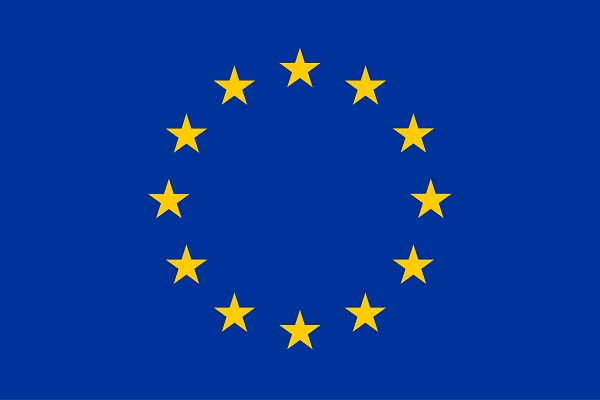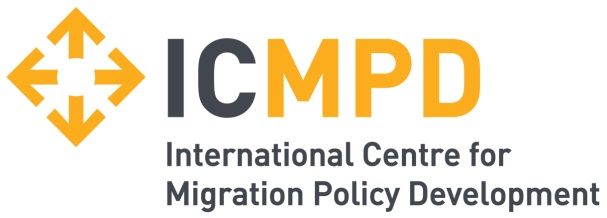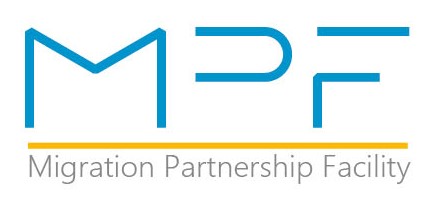"With my mother (I speak) daily, with my father once every 2-3 days because he has more intensive work, he is always tired, and we speak when he calls. I don’t call him because I know he is always busy or tired, but I know he will call."
"The holidays are spent in the family. The children whose parents are in Moldova, they celebrate in the family, with their parents. We, the ones whose parents have gone abroad, we don't have this possibility, to be in this family spirit, with the parents... It's not a pain or a resentment, it's just missing that."
"…we are old enough and we understand, we need to know about all the problems that exist in our family and we need to somehow try to do something for the best, to solve it together, because if it were only the parents fighting [over an issue] it would get much worse and would get farther, because now there are many children who stay with their mom only or their dad only, but it is best that the children know, too, and children somehow unite the family."
These are statements of the children stayed behind by labor migration presented at the International Conference "Families without borders in Ukraine and Moldova. Preliminary findings of a unique research on transnational families", held in Bucharest on June 7, 2022. The event was organized by the Centre for the Study of Transnational Families at the Babes-Bolyai University in Cluj and the Terre des Hommes Romania Foundation and took place within the CASTLE action "Children left behind by labour migration", co-funded by the European Union, contracted by the International Centre for Migration Policy Development (ICMPD) through the Migration Partnership Facility (MPF) - ICMPD/2021/MPF-357-004.
The opening panel, hosted by the representative of TdH Eastern Europe Delegation, featured addresses by the delegate of the contracting authority, a State Counsellor of Romania’s Presidential Administration, Department for Relations with Romanians Abroad, a State Counsellor of the Prime Minister of Romanian Government and a Counselor at the Department for Romanians Everywhere who shared some of their perspectives, programs and projects in the field of transnational families. After the project manager’s address, the research manager offered a synthetic presentation on the preliminary findings of the project.
The other panels included detailed presentations of their respective results by each of the three national research partners’ representatives, covering all research directions of the project. At the closing session of the day, participants had contributed by sharing practices, making recommendations, interacting with professionals attending the conference.
Viorela Telegdi-Csetri, project manager: “This qualitative social research is the result of the 3 research partners’ effort of almost a year, supported by Terre des hommes from Romania, Ukraine and Moldova, that addresses stay-behind children's situation in the context of migration. Compared with adults, children and youth see leaving and staying in a more nuanced, open and fluid manner and are often covertly critical of them, seeing migration as apparently not necessary or one that should be limited by a certain goal to a certain amount of time”.
The research was developed by the Babeș-Bolyai University in Romania, in partnership with the Ukrainian Institute for Social Research after Oleksandr Yaremenko and the Academy of Economic Studies of Moldova and an Opening Report thereof will be available very soon. Among the main results of the research, the following aspects of transnational families’ lives impacting their children’s rights have been reviewed: the situation and views of children in the context of migration, relationship with caregivers, temporality, age, transnational suspension, transnational relationships and communication, consequences of family issues intersecting with migration etc.
The research is completed by a number of legislative, policy and action recommendations, such as: creation of international legislative frameworks to facilitate parents’ leave abroad accompanied by their minor children; specialized training courses in migration and transnational families, including legislation, data, practices and policies for professionals and inclusion of trained professionals in relevant institution; the creation of joint international databases, contacts and collaboration on transnational families accessible to all institutional stakeholders; awareness-raising campaigns for acknowledgement of transnational families, to initiate interest and dialogue, and against bullying of migrants’ children; incentives for employers in target countries to offer convenient phone/internet packages and time/flexibility of connectivity within working hours; awareness-raising and training campaigns on children's participation in transnational communication; facilitation of regular visits (minimum 3 full days together every 3 months) between home and destination country through paid days off and travel vouchers offered by employers or authorities; a digital resource / app called "Transnational Family Advisor" with a summary of legal, domestic and other information etc.
The CASTLE action "Children left behind by labour migration" is implemented by the Babeș-Bolyai University in Cluj, in partnership with Terre des hommes Foundation Switzerland (Tdh Romania delegation), Terre des hommes Moldova, Terre des hommes Ukraine, the Ukrainian Institute for Social Research after Oleksandr Yaremenko and the Academy of Economic Studies of Moldova. The main objective of this project is to support the Republic of Moldova and Ukraine in improving their child protection frameworks and migration and mobility policies, with a focus on the social and legal impact of labor migration on transnational families.
For more details, you can contact Viorela Telegdi-Csetri, e-mail: viorela.telegdi@ubbcluj.ro
 This article has been produced with the financial assistance of the European Union, contracted by ICMPD through the Migration Partnership Facility. The content is the sole responsibility of the Babeș-Bolyai University and can under no circumstances be regarded as reflecting the position of the European Union or ICMPD.
This article has been produced with the financial assistance of the European Union, contracted by ICMPD through the Migration Partnership Facility. The content is the sole responsibility of the Babeș-Bolyai University and can under no circumstances be regarded as reflecting the position of the European Union or ICMPD.







